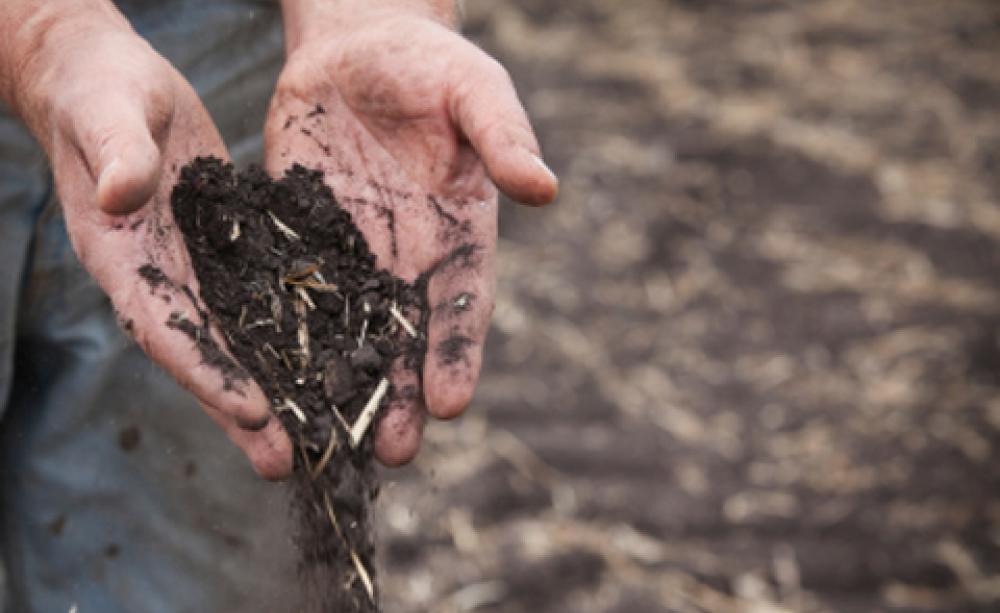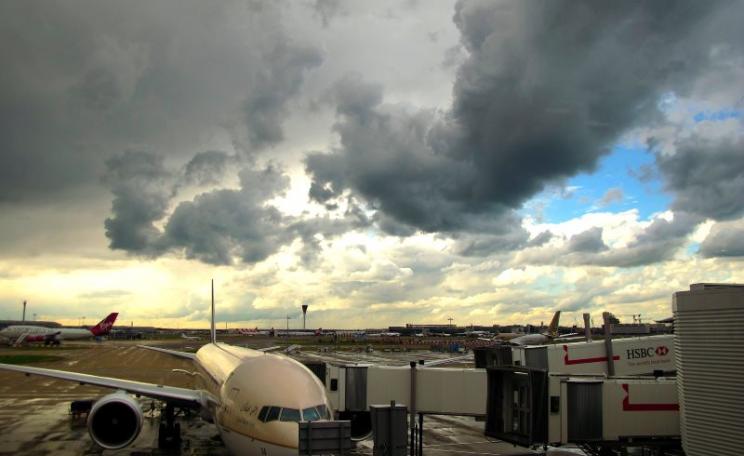-
The intricate challenges of soil management have been intensified in recent years, with a rapid global descent into a more unstable climate and an increase in intensive farming methods.
The focus message is ‘Stop Soil Erosion’, encouraging people and governments to consider and take action to protect soil and help increase biodiversity and food security for the future.
It is widely recognised that soil is in crisis. The persistent and widespread use of pesticides and fertiliser, prevalence of an agri-business farming model and the impact of climate change and soil erosion are taking their toll.
Soil erosion
A total of 95 percent of the world’s food is grown in the top layer of soil. The impacts from conventional agriculture practices show that globally, in the last 150 years, almost half the most productive soil content has disappeared.
Worldwide, soil erosion rates are high and worrisome due to the renewal time of topsoil: for just one inch of topsoil renewal, it takes around 500 years.
Soil quality and sustainability is an issue that is well recognised by the Green Group in the European Parliament, who have been campaigning for a radical transformation of the Common Agriculture Policy (CAP) which drives farming practice across the continent.
Under CAP’s current framework, we have seen an intensification of agriculture, the concentration of land ownership into fewer, larger farms and industrialised factory farming with the increased use of chemical pesticides and fertilisers.
This has led to a loss of biodiversity and soil fertility, depletion of water quality, increased deforestation and habitat destruction.
New Deal
European farmers have seen their farm incomes fall; fewer people now live in the countryside and there has been a job loss and service reduction is prevalent in many rural areas.
The issue of how to move forward on some of these issues is a key element of a report I published just recently: The Green New Deal in the North West.
The scope of the research was to create a framework for ways in which we can transform society in a far-reaching way, with land use and farming being one of the pillars that urgently need to be addressed.
We need to move food, farming and land stewardship into a radical new direction. Gentler farming methods such as organic, no-dig and agroforestry can help to regenerate land and reduce our reliance on pesticide use, improve soil quality and sustainability while encouraging attractive, rural careers for young people.
Regional support
The demographics of farming in the UK has seen an increasingly ageing workforce, with the gaps between the age range widening. A recent survey showed that just 13 per cent of farm holders are aged under 45, while 34 per cent are aged over 65.
In order to improve this situation, we need to deliver regional support schemes to new-entrant farmers which makes land more accessible, affordable and would help to provide a market for local food through local procurement.
On a national level, 8 percent of all public land has been sold off in the 40 years. Policies should support small-scale farmers and market gardens as well as community food growing, all of which can support soil preservation and regeneration.
Agricultural land can be helped to regenerate by implementing wilding projects. This would enable nature to flourish by increasing scrub and forest cover, restoring peatlands and facilitating wild-flower meadows to return and thrive.
The North of England has experienced the largest increase in flooding in Europe – flood levels have increased by 11 percent per decade, since 1960. Promoting and increasing healthy woodlands and restoration of peat bogs will help to ’slow the flow’ of water up-stream, reducing the risks of flooding to our towns and cities.
Direct action
With the UK being one of the least forested countries in Europe, direct action is needed urgently to increase tree planning projects to help mitigate flooding and improve health and wellbeing.
The North of England, in particular, is one of the least covered areas in the region outside London, with just 7.4 per cent forest cover.
The Northern Forest is an action plan between the Woodland Trust and local community forest organisations, to plant 50 million trees across the North, from Liverpool to Hull. Schemes such as this could make huge impacts for flood mitigation, community wellbeing and job creation.
Soil is often considered both a simple and plentiful resource, whereas the reality shows us that it is increasingly under stress and risk of further degradation. Soil management and maintenance is a serious subject.
It impacts the climate, agriculture and humanity on a global spectrum, with the health of soil being crucial to our survival.
This Author
Gina Dowding is a Member of European Parliament representing the North West. Her committee roles within the EU Parliament are on Industry, Research & Energy; Foreign Affairs and Transport and Tourism.







